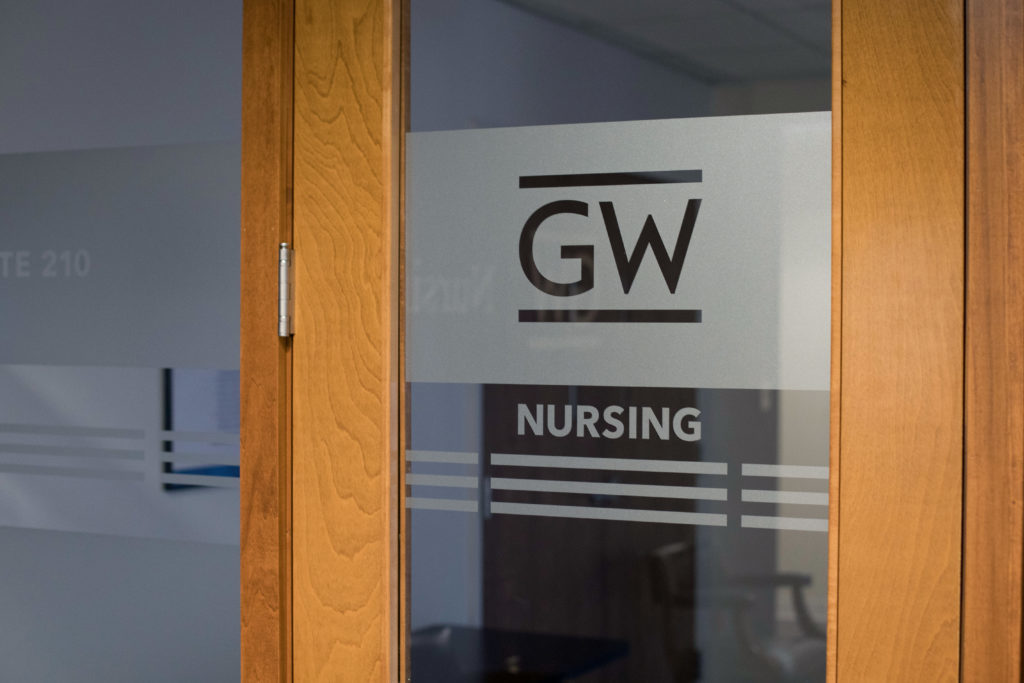Updated: April 2, 2018 at 11:51 p.m.
Amid a nationwide shortage of professors in the field, the nursing school is seeking to train the next generation of nursing faculty.
The school announced a partnership last month to give members of the Organization for Associate Degree Nursing – a group that works to improve nursing education and access to nursing degrees – guaranteed admission and a waived application fee for two graduate certificate programs and one master’s degree program. The dean of the nursing school said the partnership will create incentives for prospective faculty to earn degrees – a crucial effort as a growing number of nurses and nursing faculty approach retirement age nationally.
The program will reduce admissions barriers to OADN members interested in graduate certificates in nursing education and health policy and media engagement, as well as a master’s degree program in the field of nurse leadership management.
Pamela Jeffries, the dean of the School of Nursing, said a shrinking faculty workforce has made it difficult to offer adequate graduate programs and programs for students who do not already have an associates degree, which in turn will only perpetuate the shortage of qualified faculty. She said the partnership will lift potential obstacles to an advanced nursing education for a select group of students.
“Colleges and universities are relying on a shrinking faculty workforce to educate the next generation of nurses, making it difficult for them to meet student demand,” she said in an email. “By reducing barriers and speed of entry, it is our hope that this partnership will be beneficial to GW, OADN and to the health of people throughout the nation.”
A 2017 report by the American Association of Colleges of Nursing found that faculty shortages at nursing schools are limiting enrollment at a time of rising interest in nursing education. The report recommended instituting faculty development programs to combat the shortage.
The nursing school has had as many as 11 open positions in recent years, seven of which were for faculty.
Jeffries said the nursing school has similar partnerships with other community colleges that help nursing students pursue more advanced degrees for less money. She said prospective students seeking guaranteed admission through this program will still have to meet the school’s application requirements.
Donna Meyer, the CEO of OADN, said there are about 1,250 community college nursing programs in the country, and students often need assistance with admissions costs and tuition to obtain degrees. She said the program can help students in community college programs pursue nursing degrees at GW and later faculty positions in schools across the country.
“GW is an excellent University with a great reputation, so why not have our faculty and graduates be able to take the benefit of that?” Meyer said in an email.
Meyer said OADN was drawn to GW as a partner because of its certification program, which is specifically geared toward nursing education. She said students who complete this program learn how to develop a curriculum, construct tests and conduct evaluations – subjects that are not always included in nursing master’s degree programs.
“We have people that are in the clinical setting that work as nurses and have a master’s, but are also interested in teaching,” she said.
The partnership can alleviate the faculty shortage by encouraging already working nurses to start teaching, Meyer said.
“The partnership with GW may help those desiring to be educators to have additional options to continue their education, as well as receive a graduate certification in nursing education,” she said.
Donna Spivey, an OADN board member and dean of the HCC Coleman College for Health Sciences in Houston, said that by continuing their education, associate degree faculty can learn how to become better nurse educators, especially in a climate where major changes are being made to health care policy.
“The partnership between OADN and GWU demonstrates a commitment to academic progression,” Spivey said. “The partnership also will assist in the nursing shortage by providing easy access to education, which will in turn provide the necessary credentials for nursing educators.”
Cynthia Maskey, the dean of health professions and a professor of nursing at Lincoln Land Community College in Illinois, said the program can encourage nursing students to go beyond the general workforce and continue their education with the goal of becoming a professor.
“Most of the faculty hired into ADN programs are excellent clinical practitioners but could benefit from a plan of continuing education focused on learning to become proficient nurse educators,” Maskey said in an email. “The options available through GWU including the graduate certificate in nursing education are great options for professional development.”
This post was updated to reflect the following correction:
The Hatchet incorrectly spelled Donna Meyer’s last name. It is now correct. We regret this error.



